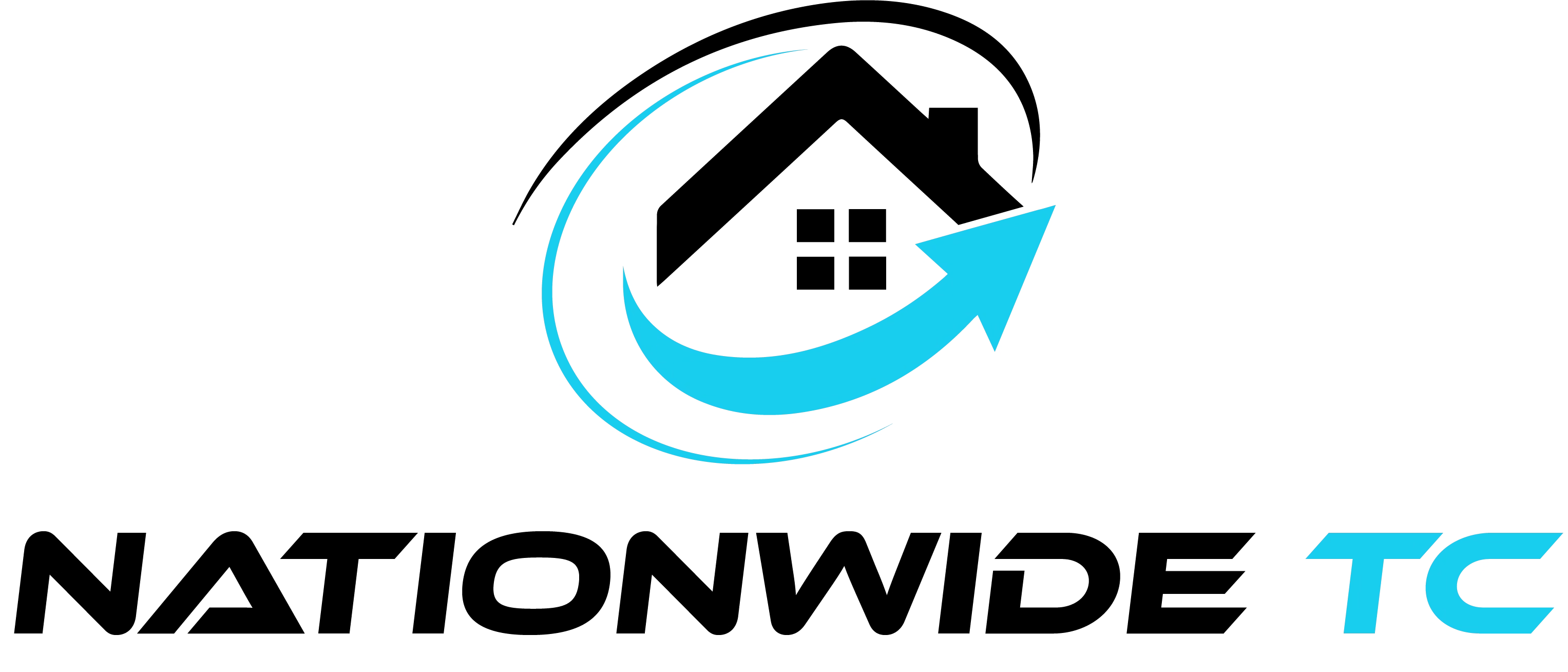No products in the cart.

Transaction Coordinator: Essential Checklist for Real Estate
In the fast-paced world of real estate, staying organized is key to ensuring that every transaction moves smoothly from start to finish. Therefore, as a Real Estate Transaction Coordinator (TC), your job is to manage a myriad of details, deadlines, and paperwork to ensure that everything is in place for a successful closing. However, without the proper systems in place, things can slip through the cracks. That’s why checklists come in—they’re your secret weapon to staying on track and never missing a step.
Why Checklists Are Crucial for a Transaction Coordinator
A Transaction Coordinator plays a critical role in the real estate process. Consequently, you must juggle multiple tasks and deadlines while ensuring a smooth transaction from start to finish. Therefore, staying organized is vital. Moreover, using a checklist helps you manage every detail efficiently.
Otherwise, important deadlines can be missed. Thus, checklists ensure you meet all requirements while minimizing errors. Furthermore, they allow you to prioritize tasks and maintain clear communication with clients and other parties involved. As a result, with the help of checklists, you can achieve greater consistency and reliability in your role.
Benefits of Checklists for a Transaction Coordinator
Checklists provide many advantages that enhance your efficiency as a Transaction Coordinator. Consequently, they help streamline processes, reduce stress, and improve communication. Furthermore, you can rely on checklists to ensure no task goes overlooked.
Organize Your Workflow
With a checklist, you can keep your workflow structured. Additionally, you’ll know exactly what steps to follow in every transaction. As a result, this approach minimizes confusion and allows you to track progress effectively.
Reduce Errors
Errors can lead to costly delays or complications in a transaction. Therefore, a detailed checklist ensures you don’t miss important details or deadlines. As a result, your transactions will proceed more smoothly.
Save Time
Checklists save you time by providing a clear outline of tasks. Therefore, this allows you to focus on completing high-priority items first. Moreover, you won’t waste time trying to remember or double-check what needs to be done.
Maintain Professionalism
As a Transaction Coordinator, you must demonstrate reliability and professionalism. A checklist shows that you’re thorough and organized. This builds trust with clients and other stakeholders.
Components of an Effective Transaction Coordinator Checklist
An effective checklist should cover every phase of the real estate transaction. Furthermore, here are the essential components to include:
Pre-Contract Checklist
The pre-contract stage lays the foundation for a successful transaction. At this stage, several tasks require your attention.
Client Onboarding
Gather all client information and enter it into your CRM system. Ensure you have accurate contact details for everyone involved.
Pre-Approval Verification
Verify that the buyer has obtained mortgage pre-approval. This step ensures they’re financially prepared to proceed. Consequently, it helps avoid delays during the closing process.
Review of Listing Documents
Make sure all listing documents are complete and up-to-date. Missing or incorrect information could cause delays later.
Agency Representation Confirmation
Confirm whether you represent the buyer or seller. Understanding your role clarifies your responsibilities during the transaction.
Contract-to-Close Checklist
Once the contract is signed, the real work begins. This phase often involves managing multiple tasks simultaneously.
Document Collection
Gather all necessary documents, including disclosures, inspection reports, and contracts. Ensure these are properly filed and accessible.
Schedule Inspections
Coordinate home inspections, appraisals, and other evaluations. Be sure to communicate with all parties to confirm dates and times.
Review Key Dates
Check that all deadlines, such as inspection and loan approval dates, are clearly noted. Monitoring these ensures the transaction stays on track.
Communicate With the Lender
Maintain regular contact with the buyer’s lender. Verify that financing progresses according to the timeline.
Title Search and Escrow Management
Ensure the title search is completed and escrow is moving forward. Address any issues immediately to avoid delays.
Closing Checklist
The closing phase requires precise attention to detail. At this point, your focus should be on finalizing all aspects of the transaction.
Final Walkthrough Coordination
Confirm the buyer completes the final walkthrough and make sure the property meets all agreed-upon conditions before closing.
Communicate Closing Details
Update all parties, including the buyer, seller, agents, title company, and lender. Ensure everyone is aware of the closing schedule and requirements.
Review Closing Documents
Double-check the accuracy of all closing documents, mistakes can cause unnecessary delays or disputes.
Distribute Commission
Verify that commissions are calculated and ready for distribution, this confirms that each agent receives their payment as expected.
Post-Closing Checklist
Even after closing, your role as a Transaction Coordinator continues. Therefore, there are still important steps to complete.
Confirm Document Recording
Ensure the deed and other documents are properly recorded. Therefore, this step finalizes the transfer of ownership.
Follow Up With Clients
Check in with your clients after closing. Furthermore, address any remaining questions or concerns they may have. Consequently, this strengthens your professional relationship and leaves a positive impression.
Tips for Creating a Customized Checklist as a Transaction Coordinator
To maximize the effectiveness of your checklist, tailor it to your unique needs as a Transaction Coordinator. Here are some tips to consider.
Keep It Comprehensive
Include every step in the transaction process, no matter how small. Even seemingly minor tasks can have significant consequences if overlooked.
Use Technology
Leverage tools like project management software or CRM systems to manage your checklist. Digital tools make it easier to track tasks and share updates with others.
Update Regularly
Transactions and regulations change over time. Review and update your checklist periodically to ensure it remains relevant.
Be Flexible
While a checklist provides structure, it should also be adaptable. Adjust it to suit the specific needs of each transaction.
Conclusion
As a Transaction Coordinator, your checklist is an indispensable tool. Moreover, it helps you stay organized, meet deadlines, and deliver excellent service. By breaking down tasks into manageable steps, checklists enable you to handle the complexities of real estate transactions with ease. Consequently, they ensure efficiency and accuracy in your work.
Consistency is key to your success as a Transaction Coordinator. Therefore, always keep your checklist thorough, up-to-date, and tailored to each transaction. By doing so, you’ll ensure smooth and successful closings every time.
Book a Free 15 Minute Call Today and Find Out More About Our Services!











